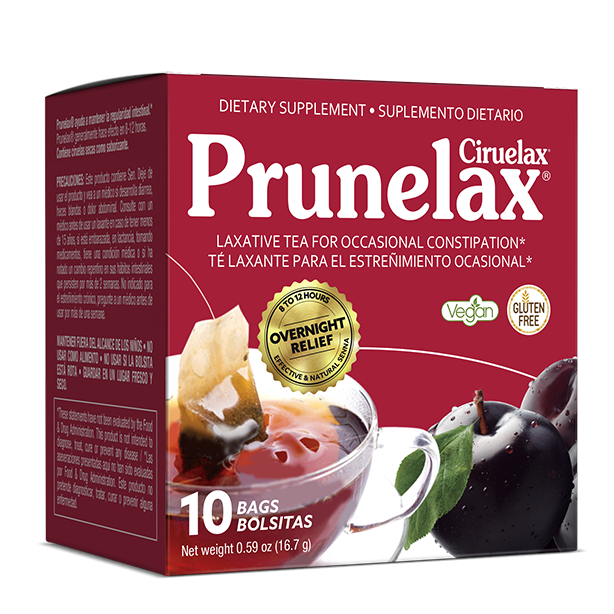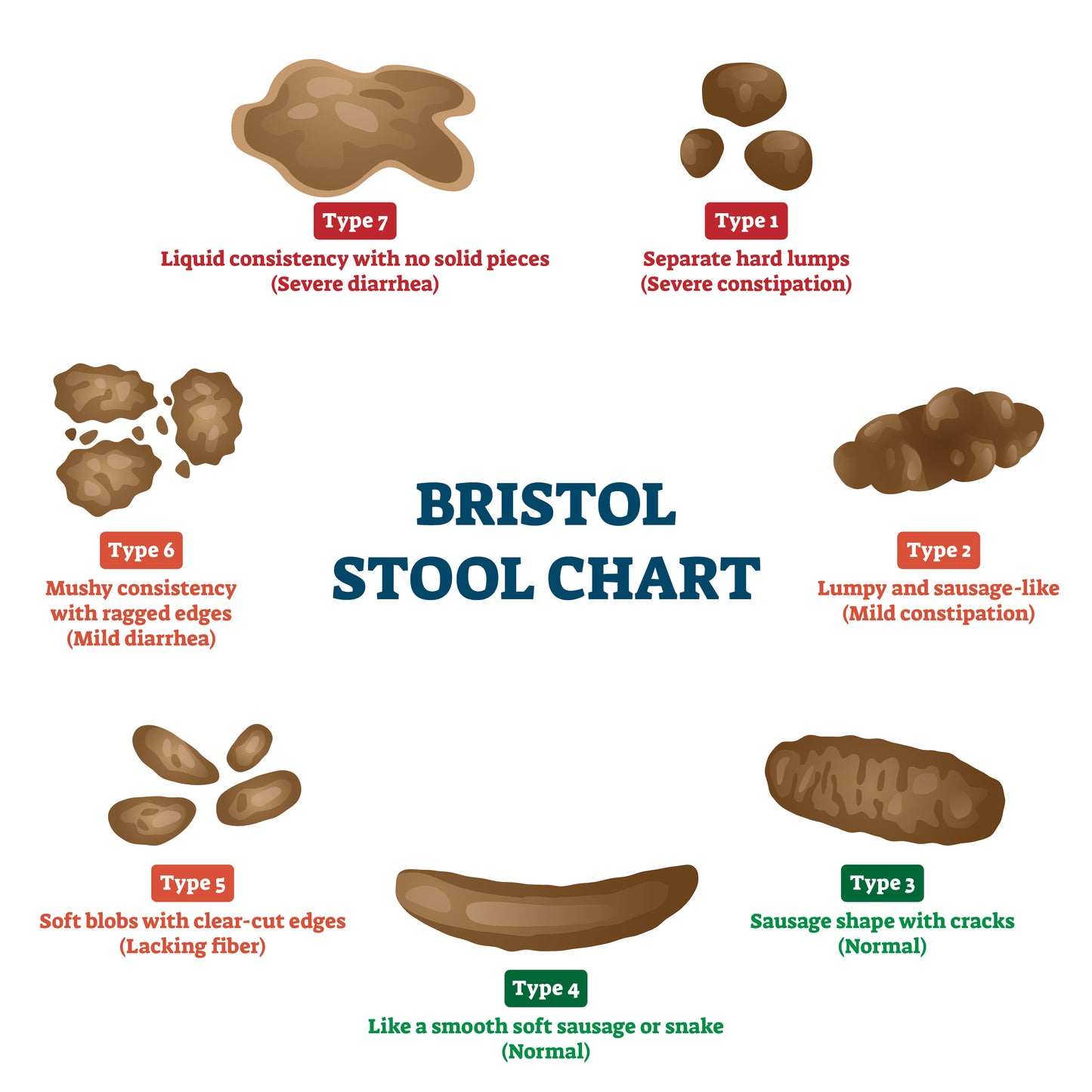Introduction:
In the hustle and bustle of our modern lives, stress has become an unwelcome companion for many. Beyond its well-known mental and emotional toll, stress can also manifest physically, affecting various aspects of our health, including digestion. One common consequence of stress is occasional constipation, a condition that can significantly impact our well-being. However, the good news is that adopting a night routine can be a powerful tool in unwinding and promoting relaxation, ultimately easing the grip of stress on our digestive system.
The Link Between Stress and Occasional Constipation:
Stress triggers a series of physiological responses in the body, including the release of hormones like cortisol and adrenaline. While these responses are crucial for dealing with immediate threats, chronic stress can disrupt the delicate balance of the digestive system. The gut-brain connection plays a vital role in maintaining regular bowel movements, and when stress disrupts this connection, it can lead to issues such as occasional constipation.
During stressful times, the body may divert resources away from non-essential functions, including digestion, in favor of the "fight or flight" response. This can slow down the movement of food through the digestive tract, leading to constipation.
The Night Routine Solution:
Establishing a consistent night routine can serve as a beacon of calm in the storm of daily stressors. Here's how a well-crafted night routine can help unwind and relax, potentially alleviating the impact of stress on digestive health:
Mindful Practices:
Incorporating mindfulness techniques into your night routine, such as meditation or deep breathing exercises, can help calm the mind. These practices have been shown to reduce cortisol levels, promote relaxation, and signal to the body that it's time to wind down.
Digital Detox:
The blue light emitted by screens can interfere with the production of melatonin, a hormone crucial for sleep. Establishing a "digital detox" in the evening, at least an hour before bedtime, can signal to your body that it's time to prepare for rest. This break from screens can contribute to better sleep quality, reducing overall stress levels.
Hydration:
Staying hydrated is essential for overall health, including digestive health. Herbal teas such as chamomile or peppermint can have soothing effects on the digestive system, promoting relaxation and potentially alleviating constipation.
Gentle Exercise:
Incorporating light, gentle exercise into your evening routine, such as a short walk or gentle yoga, can help release tension in the body. Exercise has been shown to stimulate bowel movements, making it a natural and effective way to combat constipation.
Consistent Sleep Schedule:
A regular sleep schedule can regulate the body's internal clock, optimizing the release of hormones and promoting overall well-being. Aim for seven to nine hours of quality sleep each night to allow your body to recover and rejuvenate.
Take a Natural Laxative: Prunelax is an excellent choice when seeking extra support for occasional constipation*. Formulated with natural senna leaf extract, it works in 8-12 hours*. This timeframe makes it perfect for a bedtime regimen, allowing you to experience relief by morning. Prunelax promotes a natural bowel movement and delivers a gentle yet effective solution.
Conclusion:
Breaking free from stress and occasional constipation isn't as complicated as it may seem. Just by adopting a nightly routine that focuses on relaxation and self-care, you can take steps to ease the impact of stress on your digestion. Incorporating these simple yet effective practices into your nightly routine can make a significant difference in promoting overall well-being and maintaining a healthy digestive system.
Author: Virginia Catalán






